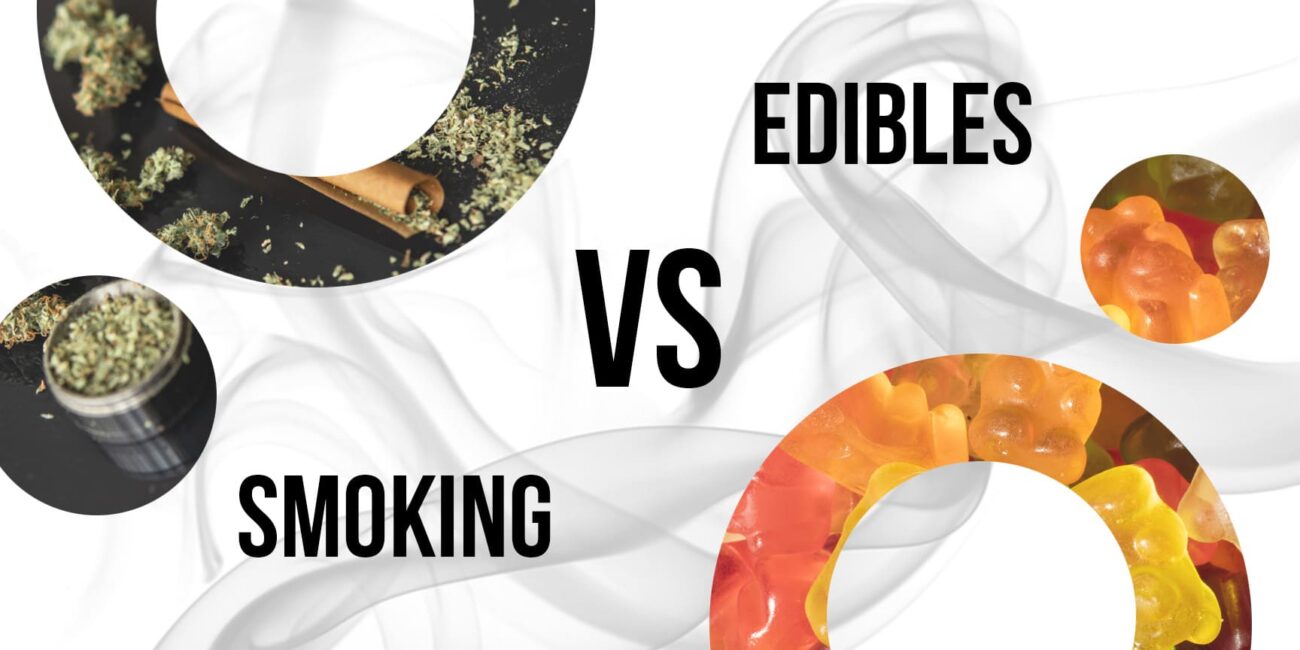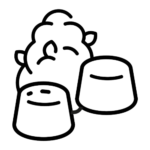HOW TO RECOVER FROM WEED?

Excessive use of cannabis can lead to addiction, and it may become challenging to quit it. If you are struggling with a cannabis addiction, recovering from it can be difficult but not impossible. In this article we will discuss how torecover from weed find motivation, what actions should be taken to recover from weed for improved health, financial condition, relationship with family and relatives.
Make a list of reasons

First of all, you should understand why you want to quit smoking weed and refer to it when you feel the urge to smoke.
Take a sheet of paper and divide it into 3 columns.
The first – «I want because». Write here that you are encouraged to such a decision.
The second – «I can, because». Write here what resources you can use for your purpose.
The third – «Need to». Write what prevents you to quit weed.
Approach this task responsibly, then the list becomes your motivational card. You can come back to it at any moment, until you’ve recover from weed.
Identify your triggers
Take note of the situations or emotions that make you want to smoke cannabis, such as boredom or stress. By understanding what situations or emotions lead you to using cannabis, you can avoid them. Keeping a journal can be helpful in identifying your triggers, as well as monitoring your progress towards avoiding them.
Write down the things that made you want to smoke, and how you managed to resist the temptation. Over time, you will notice patterns and be able to anticipate and avoid such situations.
Change your environment
Get rid of any cannabis paraphernalia and remove any reminders of smoking from your environment. This includes any pipes, bongs, rolling papers, and even the cannabis itself. It is best to dispose of these items entirely, so there is no chance that they will lead to any relapse episodes.
Remove any reminders of smoking from the environment. These include ashtrays, lighters, and even clothing that may still carry the scent of cannabis smoke.

Find support
Finding emotional support from friends and family can help you through the recover from weed. It can help you stay motivated and focused on quitting weed.
Do not be afraid to share your problem with family and friends. Tell them about your goals and ask for help.
Surround yourself with people who don’t smoke weed
You probably already have friends who don’t do it, or you can try to find new friends who don’t smoke either. If you spend all your time with friends who smoke, it will be difficult to avoid this habit. Experience new things and make new friends who will support you.
Change where you are
You can try to visit new places where do not smoke weed. It can be a park, a cinema, a museum, etc. You can also try to visit new events where do not smoke – for example, concerts or sports events. You can ask friends and family to offer places where they don’t smoke. This will help you change the environment and avoid temptation.
Do psychological exercises and practices
Meditation can help reduce anxiety and stress, which can exacerbate addiction. Many people find in meditation a way to control their thoughts and emotions, which can help them fight temptations more effectively.
Various relaxation techniques such as deep breathing, progressive muscle relaxation and yoga can reduce the desire to abuse substances and promote a healthier lifestyle.
Regularly exercising, communicating with friends and family, getting involved in hobbies and various interesting activities can help replace negative habits with more useful and attractive ones.
Joining a support group

It can provide a sense of community and connection with others who are going through the same struggles.
Being part of a support group can also help individuals develop healthy coping mechanisms and strategies for maintaining sobriety.
Members can offer advice and tips based on their own experiences, and the group can serve as a source of motivation and accountability.
In addition, support groups can also provide practical resources and information.
Members may share information about treatment options, therapy techniques, or other resources that have been helpful in their own recovery journey and benefits from quitting weed.
Getting professional help
A healthcare provider or a therapist can provide support and guidance throughout the recovery process. They can help you understand the underlying reasons for your addiction and suggest a suitable treatment plan for you. Individual therapy can help you work through your emotions and thoughts related to addiction.
Recovering from weed addiction takes time, effort, and dedication. It is essential to have patience with yourself and remember that relapse is a part of recovery. If you relapse, do not give up on your goal of quitting weed, reach out for help and try again. With determination, support, and healthy lifestyle changes, you can recover from weed addiction and live a fulfilling life.
If it’s hard for you to stop smoking weed, then you might as well try smoking cannabis products with low cannabinoids in weed and gradually reduce them. APE has some kind of this products:
















